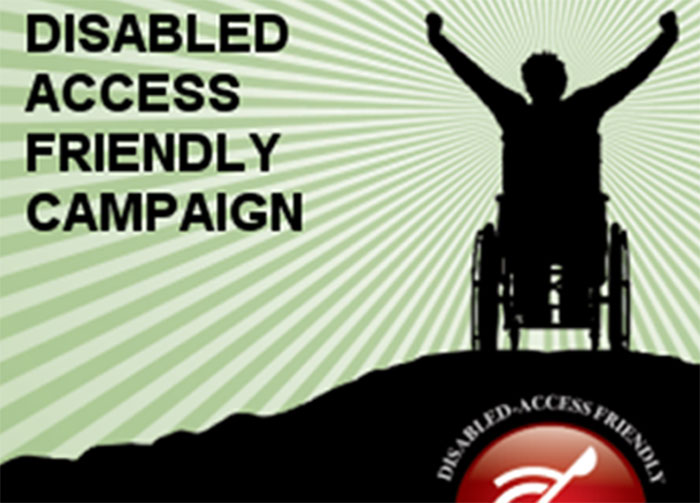You can find some ideas below which will help you enter Disabled Access Friendly’s competition inviting you to write an ELT worksheet on this very issue. We have teamed up with ELT Teacher 2 Writer and Burlington Books to bring you this opportunity, and there are great cash prizes and methodology books to be won. We would like to encourage as many people as possible to take part and all suitable entries will be published on our site. You can find full details here: We know it can be daunting to write a lesson plan on a subject you know little about. Where do you get information? Where do you get inspiration? So here’s a helping hand. We suggest you take a look at the existing lesson plans and graded reading texts on Disabled Access Friendly’s site. These will help you get a broad picture of the kind of issues your worksheet could cover.
You might like to consider the following topics: Physical barriers for people with mobility disability.Think about public transport, getting into and around shops and businesses, places of entertainment, educational institutions, sports, managing in one’s own home. Behaviour and attitudes towards people with mobility disability. Think about whether we see the person or the disability first. Do we subconsciously behave differently or speak differently to someone with a disability? Have we ever put ourselves in the shoes of someone with a mobility disability to try and understand how they feel?
Stereotyping of people with mobility disability. Think about how the media portrays people with disability, frequently as helpless victims, heroic individuals overcoming tragedy, and charity cases. Notice how many articles focus on heart warming features and inspirational stories that reinforce stereotypes.
Think about how often you come across someone with a mobility disability in films, books or on TV in an ordinary role where their disability is irrelevant to the story line.
Social criteria. Think about relationships, parenting, friends. Language used to talk about mobility disability. Think about how the words we choose to talk about people with disabilities may reflect our attitude to disability. Do we label people with disabilities or define them by their disability or medical diagnosis? Technology. Think about how technology and access to technology, can help people with mobility disability in terms of inclusion, safety, work opportunities etc. The workplace. Think about opportunities for people with mobility disability in the workforce, and whether there are physical or other barriers to their inclusion.
We also suggest you look on the internet at articles written on disability issues, and at relevant sites and blogs such as New Mobility and the BBC’s Ouch. Don’t miss the deadline for entries of 16th December 2013. Good luck! The Disabled Access Friendly team
Disabled Access Friendly
www.disabled-accessfriendly.com
Like Our Facebook Page:
http://www.facebook.com/DisabledAccessFriendly
Follow us on Twitter:
http://twitter.com/DAFCampaign
